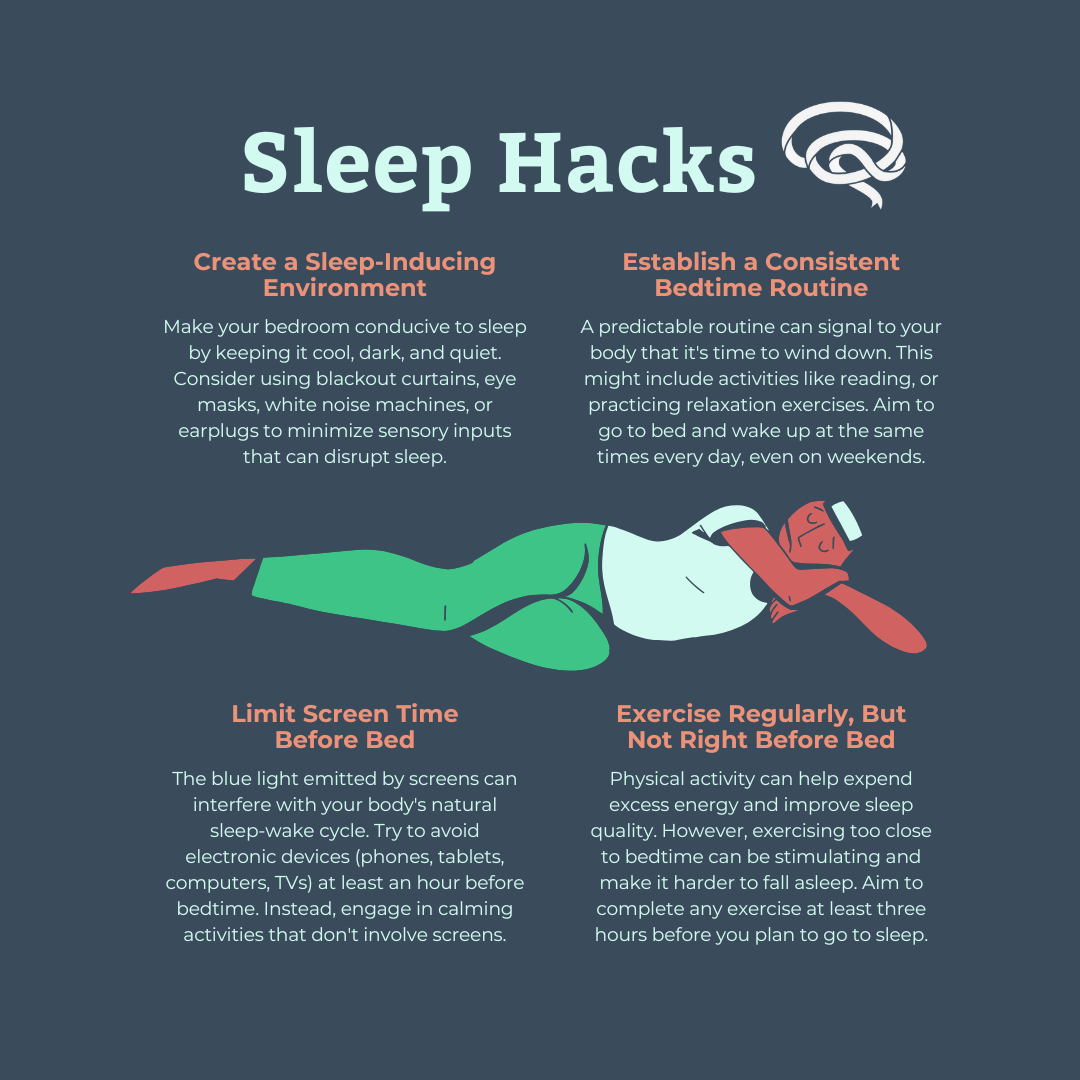Why Sleep Deserves a Spot at the Top of Your Priority List
Sleep is one of the most vital components of a healthy life, yet it's often overlooked or undervalued in our fast-paced culture. Whether we’re staying up late to finish work, scrolling on our phones in bed, or simply struggling to wind down, many of us aren't getting the restorative rest our bodies and minds need. Quality sleep is not a luxury - it’s a biological necessity. It affects nearly every aspect of our physical and mental well-being, from our ability to focus and regulate emotions to the way our bodies heal and protect against illness.
When we sleep, our brains perform critical functions: storing memories, organizing information, and flushing out waste products that build up throughout the day. Meanwhile, our bodies work to repair muscle tissue, regulate hormones, and strengthen our immune system. Without enough quality sleep, we become more prone to mood swings, burnout, weakened immunity, and chronic conditions such as heart disease, high blood pressure, and diabetes. Lack of sleep can also impair judgment and reaction time, making everyday tasks like driving or decision-making more dangerous.
Prioritizing sleep means giving it the same attention we give to diet, exercise, and work commitments. That starts with consistency and creating a sleep-friendly environment. Going to bed and waking up at the same time each day helps regulate your internal clock. Creating a relaxing evening routine signals to your body that it's time to unwind. And limiting exposure to screens and stimulants like caffeine in the hours before bed gives your brain the chance to naturally slow down. If you’re struggling with poor sleep, even small changes can lead to big improvements.
Make sure you’re enjoying some natural sunlight everyday like our clients!
Top 5 Things You Can Do to Improve Your Sleep
Stick to a Consistent Sleep Schedule
Try to go to bed and wake up at the same time every day (even on weekends). This helps regulate your body’s natural sleep-wake cycle.Create a Relaxing Bedtime Routine
Wind down with calming activities like reading, gentle stretching, or taking a warm shower close to bedtime. Avoid screens and bright lights at least 60 minutes before bed.Make Your Sleep Environment Comfortable
Keep your bedroom cool, dark, and quiet. Consider blackout curtains, a white noise machine, or an eye mask to block out disruptions.Watch What You Eat and Drink
Try to avoid caffeine in the afternoon and evening, and steer clear of heavy meals or alcohol before bedtime. These can interfere with your ability to fall and stay asleep.Work on your Sleep-Wake Rhythm
Your sleep-wake rhythm can be affected by naps and sunlight exposure. IF you nap, keep it under 30 minutes and avoid late-day naps. Focus on getting natural sunlight, especially in the morning. This can help reinforce your sleep-wake rhythm.
Improving your sleep is one of the simplest and most effective ways to take care of your overall health. It’s not just about getting more sleep. It’s also about getting the right kind of rest. When you prioritize sleep, you show up as your best self—more focused, more energized, and better equipped to take on life’s challenges. Start focusing on your sleep today. Small changes can make a huge impact!
Sources:
https://www.nhlbi.nih.gov/health/sleep/sleep-wake-cycle
https://www.nhlbi.nih.gov/health/sleep/why-sleep-important
https://www.cdc.gov/sleep/about/index.html
https://sph.umich.edu/pursuit/2020posts/why-sleep-is-so-important-to-your-health.html




